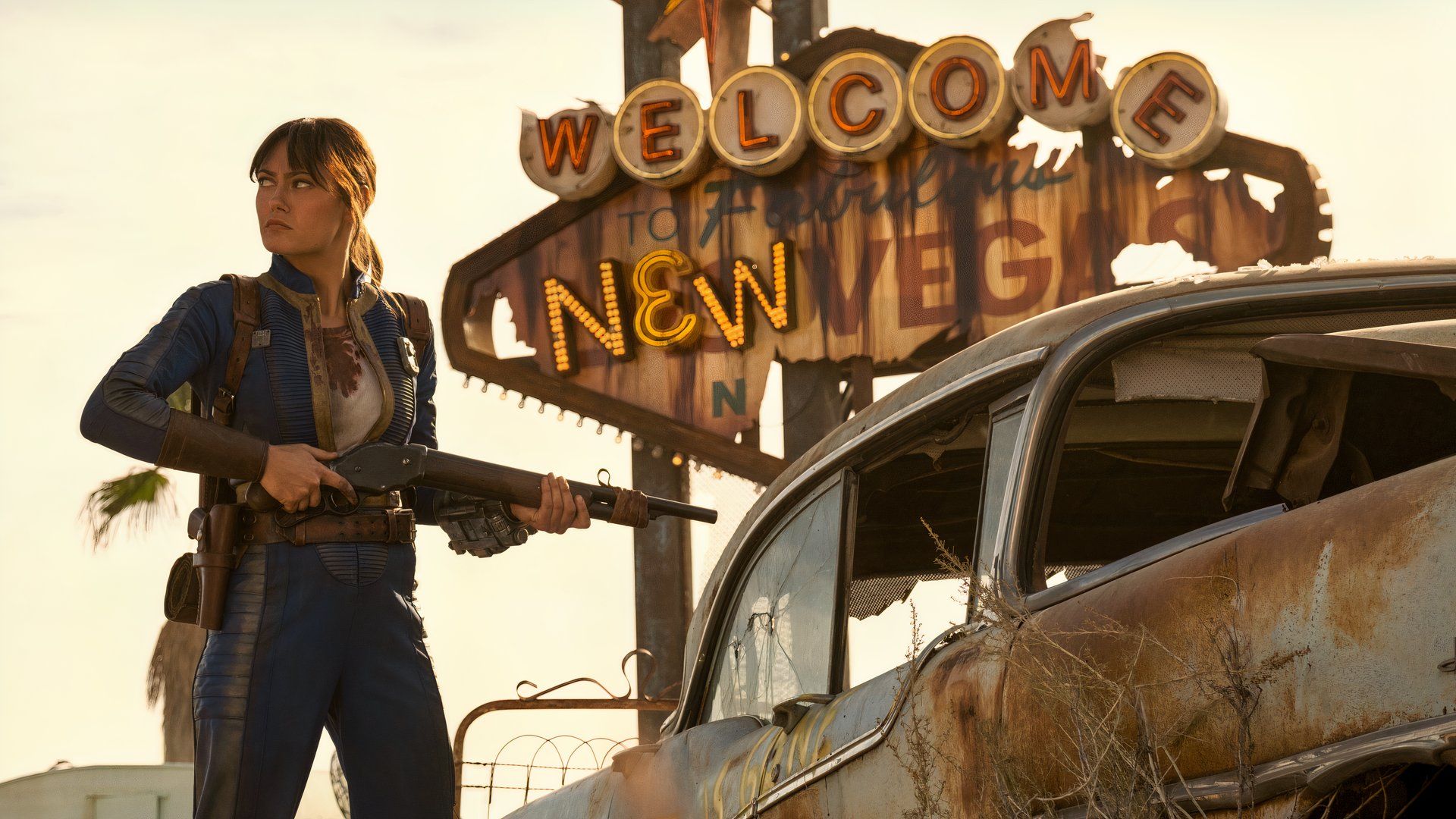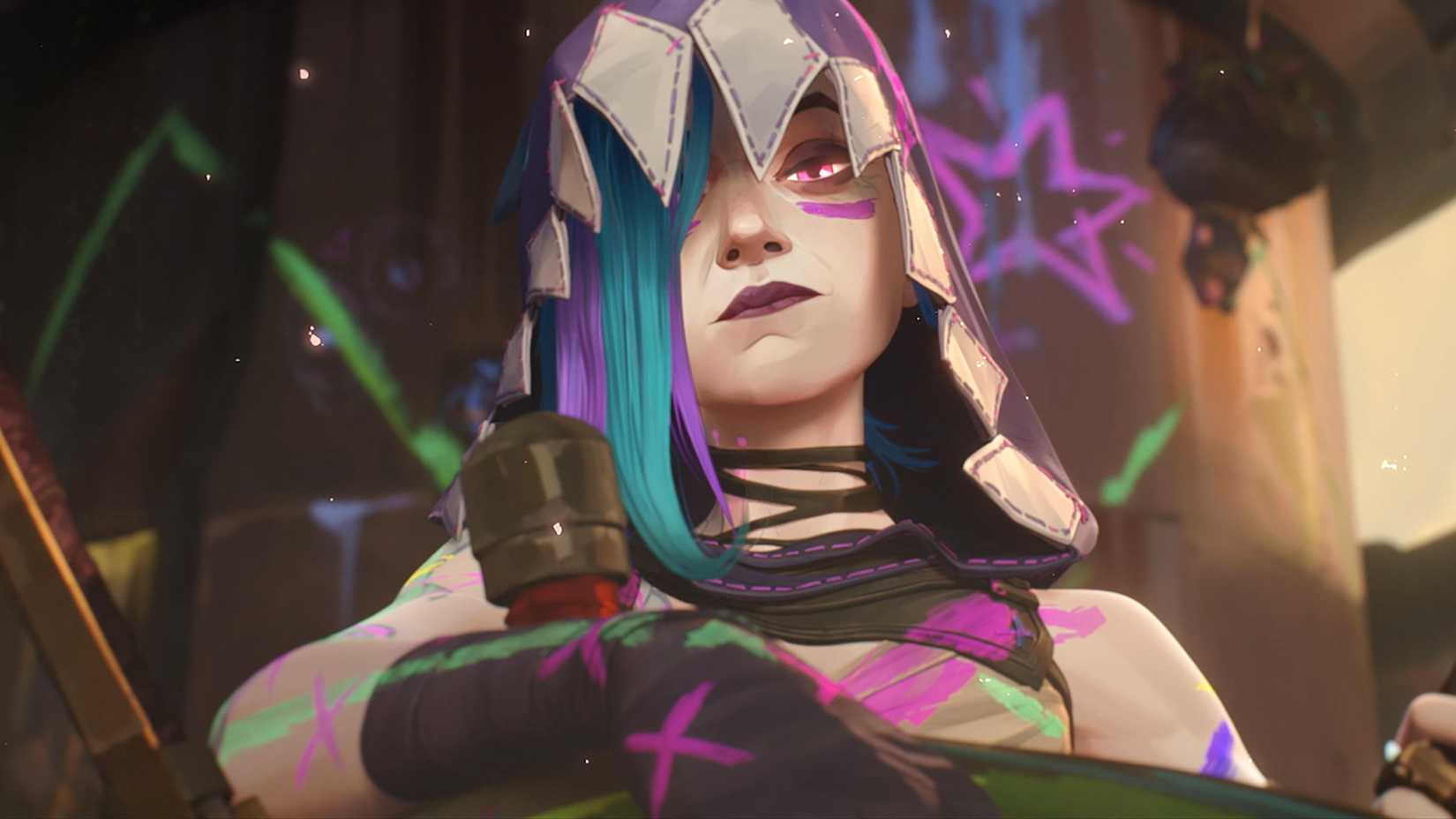
It seems video game adaptations just don’t work, and the new Far Cry show is a perfect example. Disney and FX recently announced a TV series based on the popular Ubisoft game, joining a long list of recent video game adaptations like Fallout, The Last of Us, and Sonic the Hedgehog. These adaptations haven’t been successful, and this new show likely won’t break the trend.
As a movie fan, it’s clear we’re getting a lot of content based on video games these days! But I’ve noticed something interesting: straight-up adaptations of game stories – where they just take the plot and make it a movie – aren’t doing so well. What is working are movies and shows that are inspired by games, borrowing ideas and the overall feel without directly retelling a specific game’s story. Honestly, the inspired stuff is much more successful than those direct adaptations.
“Inspired By” Video Game Adaptations Are Replacing 1:1 Adaptations

Lately, we’re seeing more movies and TV shows inspired by video games, rather than direct copies of them. This shift makes sense when you look at how previous video game adaptations have done. Since around the year 2000, when video game movies started becoming popular, many have failed to succeed. Films like Uncharted, the Tomb Raider movies starring Angelina Jolie and Alicia Vikander, both Hitman films, Max Payne, and Street Fighter didn’t perform well at the box office.
Most video game movies have been failures, receiving poor reviews (like Hitman: Agent 47, with only an 8% rating on Rotten Tomatoes) or losing a lot of money at the box office (the 2008 Far Cry film earned under $800,000 despite costing $30 million to make)—often both. A common thread among these unsuccessful films is that they closely follow the storyline of a specific game. For instance, the Borderlands movie centers around the well-known characters from the games and places them in a fresh, but similar, scenario.
| Video Game Adaptations | |||
|---|---|---|---|
| Title | Year | RT Critics Score | RT Audience Score |
| Far Cry | 2008 | N/A | 12% |
| Mortal Kombat Annihilation | 1997 | 4% | 24% |
| Borderlands | 2024 | 10% | 48% |
| Street Fighter | 1994 | 11% | 20% |
| Hitman | 2007 | 16% | 57% |
| Max Payne | 2008 | 15% | 29% |
| Resident Evil: Apocalypse | 2004 | 18% | 60% |
| Assassin’s Creed | 2016 | 18% | 42% |
| Lara Croft: Tomb Raider | 2001 | 21% | 47% |
| The Super Mario Bros. Movie | 2023 | 59% | 95% |
| Sonic the Hedgehog | 2020 | 64% | 93% |
| Twisted Metal | 2023 | 79% | 89% |
| Werewolves Within | 2021 | 86% | 80% |
| Fallout | 2024 | 96% | 96% |
| Arcane | 2021 | 100% | 87% |
| Castlevania | 2017 | 94% | 90% |
For a while now, movie and TV studios have been less interested in simply retelling the stories from video games. Besides the upcoming Borderlands movie in 2024, it’s been a long time since we’ve seen a direct adaptation of a game. While shows like Arcane and movies like Sonic the Hedgehog feature characters from games, they tell completely new stories, rather than adapting existing game plots.
Recently, video game movies have been much more successful when they create original stories instead of directly copying the games. While 2024’s Borderlands film didn’t perform well, many of the best video game movies ever made have been released in the last decade. Remarkably, eight out of the ten highest-rated video game movies came out in 2019 or later. The key difference? These newer films aren’t simply adapting the games; they’re telling fresh, unique stories.
Far Cry’s Television Show Continues The Trend Of Video Game Adaptations Telling New Stories

The recent announcement of FX’s Far Cry show, along with the new details released, shows that adaptations “inspired by” video games are becoming increasingly common. Far Cry will be an anthology series, meaning each season will feature a completely new story, characters, and setting – it won’t directly adapt any existing Far Cry game. Instead, it will share the same universe, themes, and visual style as the games.
The trend of adapting video games into movies and TV shows often involves creating new stories within established game universes, rather than directly retelling existing game plots. Recent examples like Far Cry, Fallout, Arcane, A Minecraft Movie, Castlevania, The Super Mario Bros. Movie, Twisted Metal, Sonic the Hedgehog, and Five Nights at Freddy’s all demonstrate this approach.
We’re seeing this happen even with popular shows like HBO’s The Last of Us, which takes a different path than the game The Last of Us Part II. These shows and movies aren’t just recreating the games; they’re building on the existing stories and creating something fresh. Instead of simply retelling familiar tales, they’re expanding the game’s universe. Strict, faithful adaptations of video games are a thing of the past; now, adaptations are using games as a springboard for innovative storytelling.
As a fan, I think FX’s Far Cry really proves something: Hollywood has moved on from trying to directly copy video games. They’ve realized games aren’t ready-made movies, but instead amazing worlds full of ideas. It’s like they’re taking bits and pieces from games – the settings, the feel – and building something new with them. Honestly, these aren’t really adaptations anymore, they feel more like stories inspired by the games, almost like spin-offs!
Video Game Adaptations Have Done A Complete 180

The way video game adaptations are being made is changing, and it’s also changing how fans react to them. Previously, these adaptations often received criticism for straying too far from the original games. For instance, the Resident Evil movies and the Assassin’s Creed film starring Michael Fassbender were criticized because they didn’t closely follow the stories and feel of the popular games.
It used to be that adapting video games meant sticking closely to the source material. But recently, that’s been flipped on its head. The Borderlands movie faced criticism, in part because it didn’t capture the spirit of beloved characters like Lilith and Roland and would have been better off telling an original story. In contrast, shows like Fallout and Arcane are getting positive attention for reimagining their game worlds and expanding the franchises in ways the games themselves haven’t been able to – or, as with League of Legends, simply can’t.
It’s not entirely clear why things have changed, but I have a few ideas. Back in the early 2000s, video games didn’t look as realistic, so people really wanted to see their compelling stories adapted into live-action movies with big budgets and special effects. Now, video game graphics are so good they often feel like you’re already watching a movie. There’s less need to turn a game like Ghost of Tsushima into a film when it already looks incredible on its own.
Modern video games often build emotional connections differently than older ones. Classic games used to let players make choices for characters, which made moments like Aerith’s death in Final Fantasy VII so impactful. Today, games tend to use lengthy, cinematic cutscenes and dialogue to create those connections – much like a movie. Because of this, adapting a modern game into a film can feel redundant, as it often just replays scenes you’ve already experienced in the game.
It’s still not entirely clear why video game adaptations with original stories are proving more successful than those that directly retell the games, but the results speak for themselves. We’re currently seeing a high point for video game adaptations and spin-offs. These shows and movies feel like genuine additions to their respective franchises, and are as well-made as any other film or series. Hopefully, the upcoming Far Cry adaptation will continue this positive trend.
Read More
- All Golden Ball Locations in Yakuza Kiwami 3 & Dark Ties
- NBA 2K26 Season 5 Adds College Themed Content
- What time is the Single’s Inferno Season 5 reunion on Netflix?
- Hollywood is using “bounty hunters” to track AI companies misusing IP
- BREAKING: Paramount Counters Netflix With $108B Hostile Takeover Bid for Warner Bros. Discovery
- Mario Tennis Fever Review: Game, Set, Match
- Heated Rivalry Adapts the Book’s Sex Scenes Beat by Beat
- All Itzaland Animal Locations in Infinity Nikki
- EUR INR PREDICTION
- Elder Scrolls 6 Has to Overcome an RPG Problem That Bethesda Has Made With Recent Games
2025-11-27 16:42